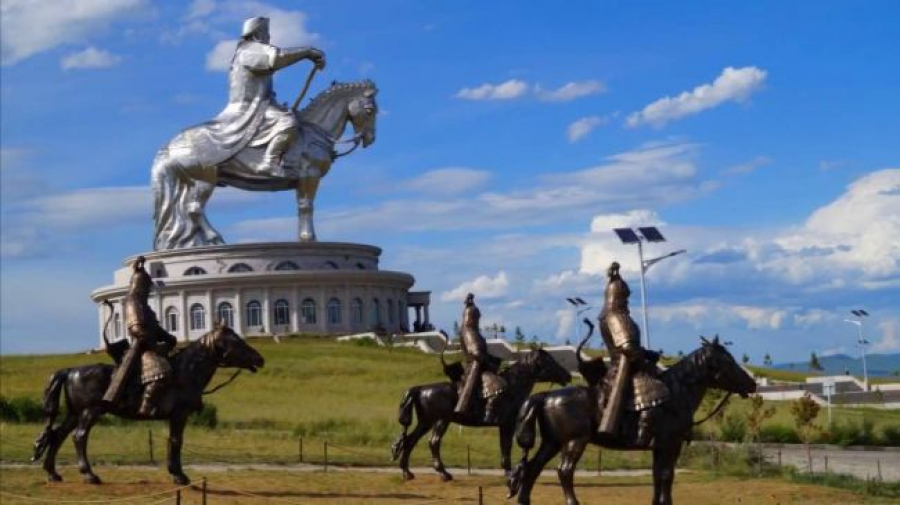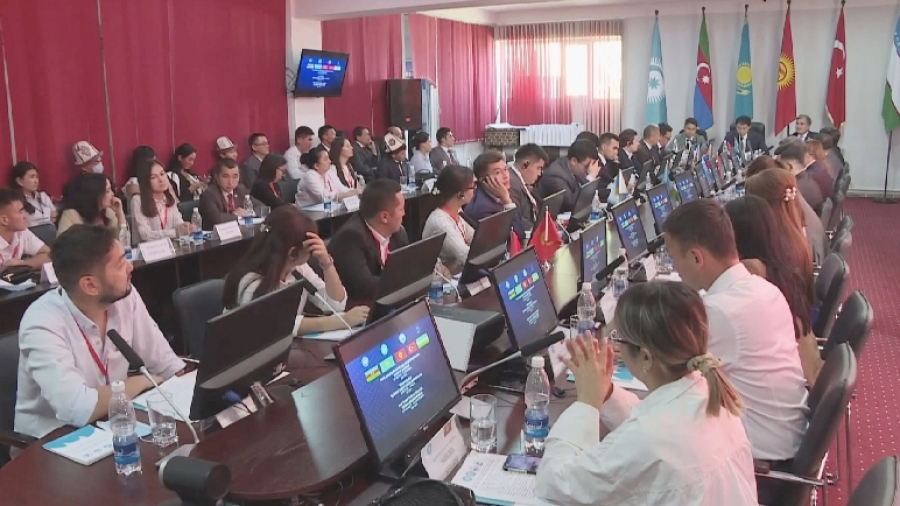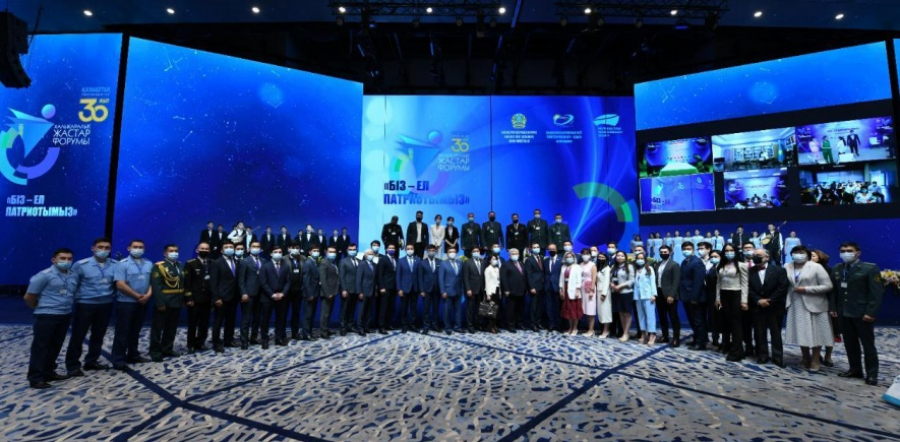
Are Kazakhs and Mongols genetic brothers? A group of domestic scientists will go on an expedition to Mongolia to study this important issue in detail. The researchers intend to compare the genetic tests and blood samples of the two countries. In this way, scientists will identify common affinities and ethnic identities. Already at the end of the expedition, experts plan to publish the results of the work, which are expected to serve as the basis for a scientific discovery in the field of ethnogenesis.
“There are various ethnic groups in Mongolia. We will study their diversity through genetics. We’re hoping to find answers to our questions, for example, what is their connection to the Kazakh people and what is our common ancestry? We will go there to collect ethnographic data, as well as DNA to determine which of the current Mongolian groups are closer to us, and which are not,” explained Maxat Zhabagin, Head of Human Genetics Laboratory at the National Center for Biotechnology.
Kazakh scientists plan to cover the western and eastern regions of Mongolia, where no such research has been previously conducted. DNA samples collected from the population will be stored in a special biobank, after which they will be taken to Kazakhstan for further examination.
“There is already enough material there, namely, the ethnic groups not studied in Mongolia, which also have varying degrees of kinship to those Kazakh clans that came from there. And what kind of tribes came from there? These are such large well-known tribes as Naiman, Konyrat and Kerei, who lived in Mongolia and Southern Siberia more than 700 years ago and migrated to the Kazakh lands as part of nomadic tradition. So we will compare how compatible they are with the tribes in our country,” noted Yerlan Ramankulov, Director General of the National Center for Biotechnology.
Kazakhs are one of the few nations in the world who know their genealogy well, scientists say. Modern science allows proving this. Unfortunately, very few records of the historical events of the nomadic people have been preserved. Given the paucity of documentary material, the new data will undoubtedly be valuable to historians, archaeologists and paleontologists.
Translation by Assem Zhanmukhanova
Editing by Galiya Khassenkhanova









